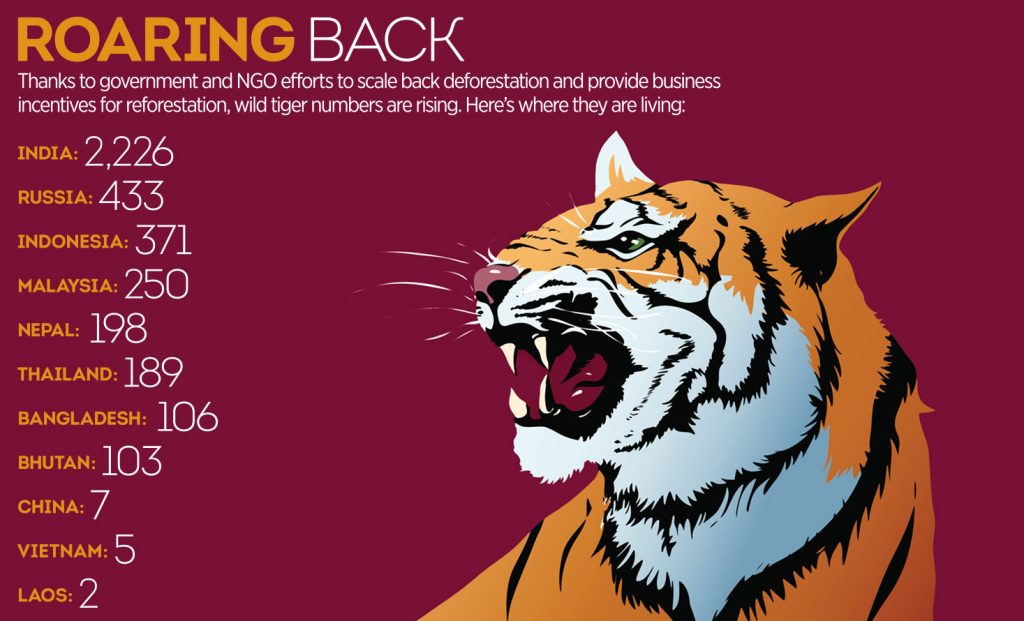Alberta’s big decision
Are Alberta’s oil sands Canada’s greatest buried energy treasure as Time Magazine once claimed? Or do they pose an environmental nightmare, despite their potential economic benefits? Professor Joseph Doucet from the University of Alberta tells Adrian Holliday, either way, difficult decisions look inevitable
Are Alberta's oil sands Canada's greatest buried energy treasure as Time Magazine once claimed? Or do they pose an environmental nightmare, despite their potential economic benefits? Professor Joseph Doucet from the University of Alberta tells Adrian Holliday, either way, difficult decisions look inevitable
\
Most countries sitting on a pile of buried energy would find it difficult to pass up the chance to exploit it. The problem with some energy sources however is that its exploitation means someone has to pay – or in the case of Alberta’s oil sands, the environment pays. Alberta accounts for almost 40 percent of Canada’s greenhouse gas emissions yet contains just 10 percent of Canada’s total population.
Away from big oil
Joseph Doucet, Enbridge Professor of Energy Policy at the University of Alberta’s School of Business, says the decision to continue to exploit the deposits remains a complex one. Exploitation of Alberta’s oil sands has bought major technological progress in terms of extraction efficiency he says – but the environmental costs are significant. Meanwhile President Obama has made it clear he’s keen to move away from Big Oil energy.
More thought
So will things change under Obama? “I think the new US administration will change things in ways we never imagined from even just two years ago,” predicts Professor Doucet. “And that’s a good thing generally. I think the focus on the renewable energy sector, the infrastructure development and the increased attention to oil sands is not something we anticipated back in 2007 or earlier. That means there’s more thought and consideration bought to the debate and the possibility for more research, both applied and fundamental.”
Lack of honesty
Most energy experts agree the supply of oil is likely to thin dramatically in the 21st century. However oil-based products are likely to remain in large, main∞scale use for at least another 50 years thinks Doucet. “I don’t think oil will run out per se. We will move to other resources before that, but it’s important to look at the differences of crude oil available to various business sectors. Some have substitutes more readily available than others. But certainly main∞scale transportation will certainly rely on oil for longer than other uses. That’s not to diminish the role of electrical vehicles in transportation, for example. But you need to remember that much of the transportation infrastructure is based on liquid petroleum
products. Also the fundamental reason, in terms of energy efficiency, is that liquid fuels like petroleum remain very efficient in how we use them. People say we only extract a small percentage of the energy in transportation, but we do better in terms of overall extraction efficiency.”
In other words, working out just how efficient the total cost of any fuel route is complex. You also need to measure the life-cycle analysis of forms of energy – where it is produced, how it is transported and how quickly and easily is it consumed. “If you evaluate all these issues you will find that oil sands, despite their bigger footprint, aren’t so different in terms of overall environmental damage,” says Professor Doucet. “They’re almost on a par with an oil exporter of Venezuela.”
But what is hugely disheartening about the current debate says Doucet is the lack of honesty from politicians to deal honestly with the issue. Doucet says the reality gap between what voters are told by politicians and the hard reality of the cost of going “green” is stark. “Consumers don’t realise they have hard choices facing them and that we can do things better – but they will have to pay for it. We haven’t been well served by our politicians. They like to have a rosy picture of a clean environment. They like to point to Big Oil and the profits that are made and they’ll say ‘We’ll make them pay.’ But if you want cleaner electricity, then we as consumers will have to pay for it.”
Renewables to the fore
So what of renewable energy and to which sectors is it most relevant? “When we talk about renewables, mostly it’s about renewable sources of electricity,” explains Professor Doucet. “Renewables can be used in other places, but its focus is on electricity production currently.
In some ways, the really big renewables story is in the US and renewable energy policy.
Obama’s push for renewable targets, in terms of the electric market and size of the US economy will have a big impact of penetration and global markets for renewable technologies.”
The flip side of the renewable story is significant for developing countries where renewable forms of energy are often very well suited adds Doucet. Wind or solar energy is ideal where no electricity distribution exists he says; but of course when the wind isn’t blowing in the right direction or there’s insufficient sun… “You’ve also got to think too of how you back up and store such complimentary forms of energy. The issue is hugely important.
And as we all know, access to energy is a big motor for economic development generally.”
Hard choices
The oil sands industry is undoubtedly dirty and not good news for the environment; its critics argue its extraction is simply a cost too far. Doucet though says the issue is not as clear cut as many environmental lobbyists suggest. Large scale mining for oil sands does cause significant environmental damage he says. “But we can’t satisfy our society’s need for bread, bicycles or whatever it is with zero impact on the environment. Quite clearly we do have to do a better job with oil sands mines today.
This is entirely possible in the here and now.”
Export potential
Meanwhile Alberta, whose economy has grown at breakneck speed in the last five years thanks to surging commodity and energy prices, does have other options. Despite concern that exports to the US could wither under President Obama, there’s always the chance to export more to other places, like Asia. Doucet says a number of Asian companies have expressed interest in partnering with Canadian companies. “We could imagine a scenario where a Canadian pipe line could be built to transfer the oil to the West Coast. You could then load tankers to ship to Japan and China and other places.” But possibly, acknowledges Doucet, not California, whose “green” credentials are well known.













